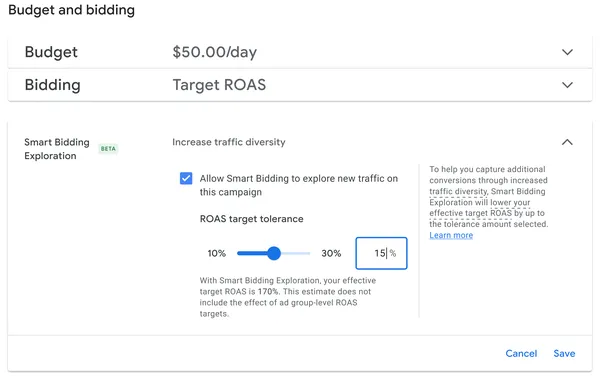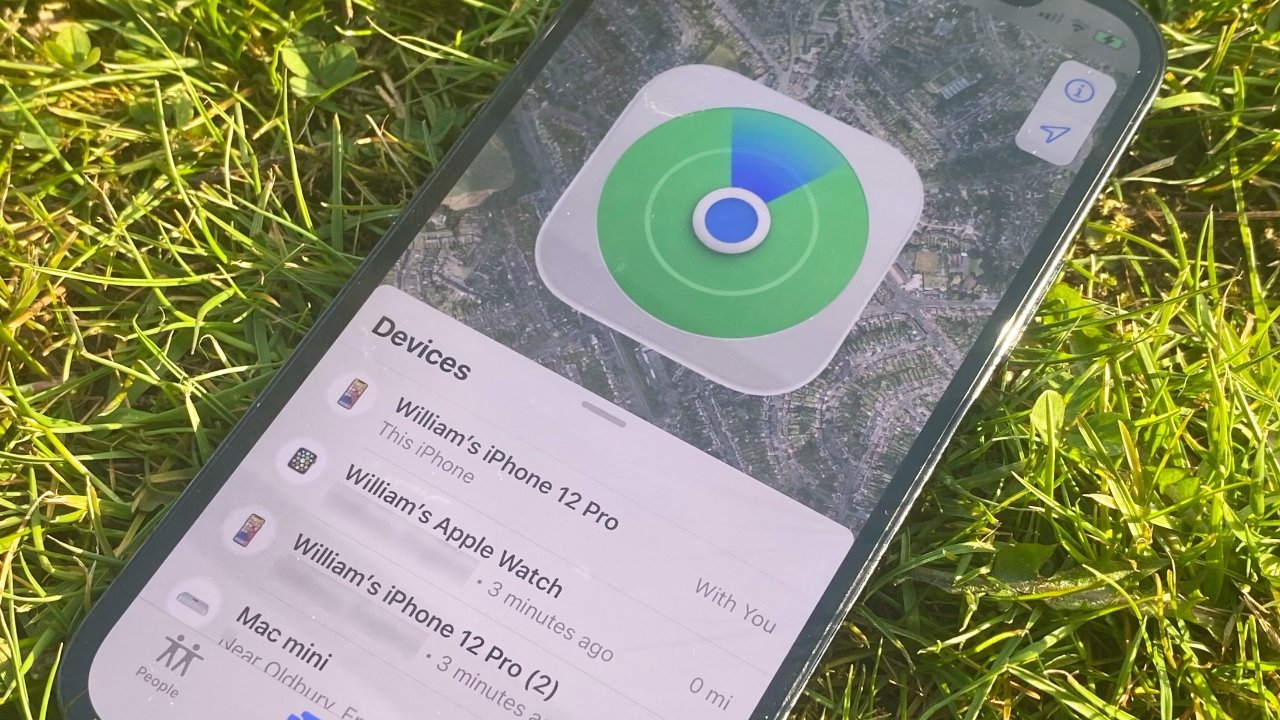You can now auto-change compromised passwords with Chrome's Credential Manager
Chrome's password manager is getting new bells and whistles including an option to quickly change compromised passwords.

- Chrome's password manager will now allow for automated password change
- The new feature helps reduce friction, Google says
- Passwords remain the number one authentication method
Users can now change compromised passwords directly in their Chrome browser, in just a few clicks. This is the promise given in a new Google blog discussing the extensive changes the company is bringing to user authentication and identity verification.
Most browsers already come with a (rudimentary form of) password manager, allowing users to generate strong passwords, store their credentials, and auto-fill them for speed and convenience.
Now, Google’s Chrome devs, Ashima Arora, Chirag Desai, and Eiji Kitamura, said the company is building on that foundation to “fix compromised passwords in one click”.

TechRadar Pro readers can get 60% off Premium Plans at RoboForm now!
New users can take advantage of RoboForm’s exclusive deal and get 60% off the Premium Plan. With this deal, you can get unlimited password storage, one-click login & autofill, password sharing, two-factor authentication for added protection, cloud backup, and emergency access for trusted contacts. To claim this deal, visit this link and sign up for the Premium Plan to lock in this huge discount.
Preferred partner (What does this mean?)View Deal
Changing passwords
“Automated password change makes it easier for users to respond when their credentials are at risk,” the blog reads. “When Chrome detects a compromised password during sign in, Google Password Manager prompts the user with an option to fix it automatically. On supported websites, Chrome can generate a strong replacement and update the password for the user automatically. This reduces friction and helps users to keep their account secure, without hunting through account settings or abandoning the process partway.”
Passwords are still, by far, the most common and popular form of authentication. They are also the least secure form, as people tend to create weak, easy-to-guess passwords, tend to share them with friends, family and coworkers, or store them in insecure locations that hackers can easily access.
The community has rallied behind alternatives such as passkeys, biometric authentication, or physical security keys. Google is also working on all of these (and then some), but stressed that passwords were “still the world’s most common authentication method,” suggesting that it’s not abandoning the practice any time soon.
The full blog is a rather interesting read, discussing a unified sign-in experience, improved identity verification, and enhanced session security. You can read it in more detail on this link.
You might also like
- Hackers are distributing a cracked password manager that steals data, deploys ransomware
- Take a look at our guide to the best authenticator app
- We've rounded up the best password managers

















































































































































































![[The AI Show Episode 148]: Microsoft’s Quiet AI Layoffs, US Copyright Office’s Bombshell AI Guidance, 2025 State of Marketing AI Report, and OpenAI Codex](https://www.marketingaiinstitute.com/hubfs/ep%20148%20cover%20%281%29.png)


![[The AI Show Episode 146]: Rise of “AI-First” Companies, AI Job Disruption, GPT-4o Update Gets Rolled Back, How Big Consulting Firms Use AI, and Meta AI App](https://www.marketingaiinstitute.com/hubfs/ep%20146%20cover.png)












































































































































































.jpg?width=1920&height=1920&fit=bounds&quality=70&format=jpg&auto=webp#)



































































.jpg?width=1920&height=1920&fit=bounds&quality=70&format=jpg&auto=webp#)





















_Alan_Wilson_Alamy.jpg?width=1280&auto=webp&quality=80&disable=upscale#)
_pichetw_Alamy.jpg?width=1280&auto=webp&quality=80&disable=upscale#)














































































































![Apple Leads Global Wireless Earbuds Market in Q1 2025 [Chart]](https://www.iclarified.com/images/news/97394/97394/97394-640.jpg)

![OpenAI Acquires Jony Ive's 'io' to Build Next-Gen AI Devices [Video]](https://www.iclarified.com/images/news/97399/97399/97399-640.jpg)
![Apple Shares Teaser for 'Chief of War' Starring Jason Momoa [Video]](https://www.iclarified.com/images/news/97400/97400/97400-640.jpg)








































































